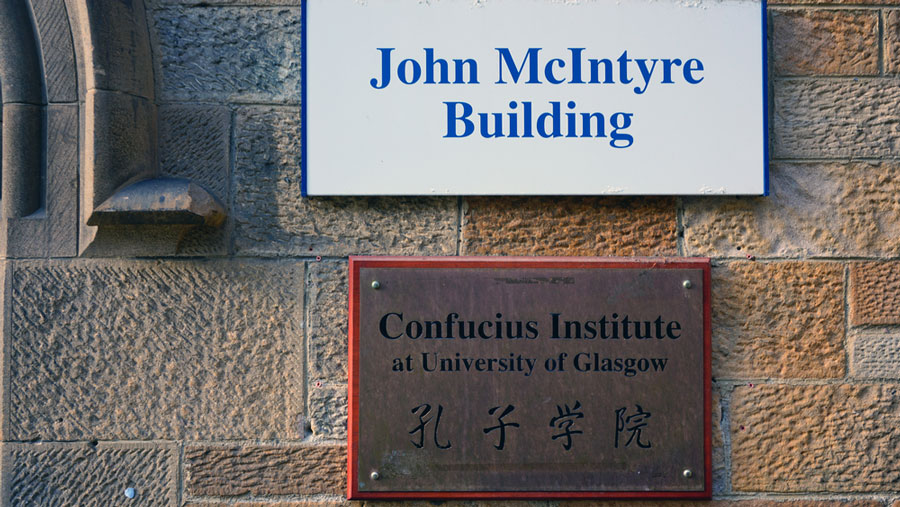Some cycles are hard to break. Mistrust shuts down friendly exchange, and the lack of communication feeds further mistrust. India is not the first country to consider closing down Confucius Institutes, arranged and partially funded by Hanban, an agency of the Chinese education ministry, and housed in higher educational institutions. The institutes teach Mandarin and acquaint students with Chinese culture and are, in declared intent, similar to various other overseas institutes offering lessons in language, culture and history of their respective countries. Learning about the cultural assets of different regions is an enriching part of education in the host country, especially the acquisition of a new language, which, as Charlemagne had said, creates a supplementary personality. Acquiring a foreign language extends horizons. An introduction to the culture and history of any country is part of that extension, opening up new routes to explore and offering, as it were, citizenship of the world.
In contemporary times, though, such activities cannot but be mediated through the prism of diplomacy or, indirectly, political relations, and seen as a form of soft power. Before India considered reviewing the function of Confucius Institutes and Chinese language classes, other countries, such as Sweden, Australia and the United States of America, had already started closing down the institutes. The broad complaint against them is that they are being used as vehicles for Chinese propaganda, while specific complaints relate to distortions of and omissions in history, hiring on the basis of loyalty and so on. In short, Hanban is turning a means of cultural exchange and education into a political tool. The allegations are unfortunate; once political mistrust and hostility poison ostensibly non-political possibilities of mutual understanding, the resultant hardening of attitudes is not good for any side. More, it forcibly limits the imagination and curiosity of young people about different ways of life and speech in the world. India’s mistrust is not difficult to understand after its continuing disagreement with China at the Line of Actual Control. The review of Confucius Institutes accompanies the bans on certain Chinese apps because they threaten privacy. Both acts are frankly political. What seems petulant, however, is the dropping of Mandarin from the list of foreign languages that the new education policy offers secondary level students.
India’s connections with many countries, not just China, are old, rich and deep. To shut down avenues of educational and cultural exchange with any of them is to deprive young people of their own histories, as well as a country for them to study or work in. Besides, if strategy alone is to dictate policy, language learning, even Mandarin, has practical advantages — from decoding messages now to pushing business interests, maybe in the future. Doors once shut may not be easy to open. It is important to tread the thin line between political mistrust and cultural open-mindedness. Not easy, perhaps, but it can be done.










